|
Dr. Anthony Fauci was born in 1940 in Brooklyn, New York. His family owned a pharmacy; his father was the pharmacist, his mother and sister operated the cash register, and Anthony delivered prescriptions. He received his M.D. degree from Cornell in 1966 and joined the National Institutes of Health in 1968. In 1984, he became Director of the National Institute of Allergy and Infectious Diseases, a position he still holds today.
I have the highest admiration for Dr. Fauci's ability to have not only been credited with several important scientific discoveries, but also to have been able to provide leadership for our nation in times of crisis, including HIV, Ebola, and the current Coronavirus pandemic. Dr. Fauci has successfully achieved my dream of (1) answering some of humanity's most challenging questions in the lab AND (2) using his knowledge, communication skills, and steadying hand to provide our nation with apolitical leadership in times of crisis. Thanks to a true "World Changer."
5 Comments
THIS ARTICLE is a fascinating look at some of the statistics and predictions that are occurring in an effort to get a step ahead of the novel coronavirus.
The following post is an article I wrote last month for my school newspaper, The Sentry. The information might seem redundant, but I feel it is a nice re-introduction to the importance of the microbiome world. It's a little long for a blog post, sorry! Did you know that our bodies are made up of trillions of microbes (bacteria, viruses, fungi, protista) that make up what is known as our microbiome? In fact, it is believed that around half of the cells in our body are foreign microbe cells rather than our own! My personal interest in the human microbiome became much more personal when I began to consider the potential for improving human existence. Specifically, I learned about the potential role that our "gut bugs" may play in neurologic conditions such as Parkinson's Disease, which my grandfather has. This first came to my attention in a video appearing on PBS's Nova series, “What’s Living in You?” There are trillions of microbes living in and on us, more than the cells that make up our bodies. If you weighed these companions, they would weigh about 3 pounds! Our bodies are ecosystems providing exactly what these microbiota need to live. We tend to ignore what we can not see like the bacteria in our world. These single-celled creatures keep us well much more often than they make us sick as they are vital in helping us digest food and fight off microscopic enemies. For a little history on the subject, we only first became aware of the microbiome world when Leeuwenhoek improved upon the microscope and discovered protozoa which he called “animalcules.” The unseen world was now on view. In 1926, Alexander Flemming came across some mold growing in one of his “germ farm” petri dishes and realized the mold had killed all the bacteria he was growing: the birth of penicillin, the first antibiotic. We all know what happened next ... an all-out effort to kill ALL germs. An antibiotic explosion fueled by a frenzied fear of germs soon followed which led to the manufacture of thousands of soaps and disinfectants and today’s ever-popular hand-sanitizers. BUT ... what if we are killing GOOD germs, germs we desperately need to stay healthy? Humans evolved as a species that lived and thrived in the outdoors, now that we spend all our time indoors, what bacteria are we missing? What germs do we need to stay healthy? Scientists have begun to study the Amish population for clues as to why their communities experience half as many food allergies as the regular population. It seems that the Amish’s exposure from birth to the bacteria in their farm life constantly exposes them to a variety of germs which keep their cells from overreacting when exposed to new germs. We have to be careful when we consider “germicide” (the wiping out of a germ). Sometimes in our rush to heal someone, we storm in with antibiotics like the ones used to kill H. Pylori bacteria found in stomach ulcers. While the patient might be cured of his stomach ulcer, a different disease might develop due to the lack of H Pylori. It’s a delicate balance. Many studies show a direct link between microbial diversity and good health. The more different microbes present, the healthier the person seems to be. Keeping a balance in the bacteria is also key and sometimes a person needs help re-establishing a healthy gut. Have you ever been grossed out by watching your dog eat poop? Well he might be on to something; more than likely, your pooch is instinctually trying to re-balance his microbes. The Openbiome Project is a lab that collects human feces samples from “super donors.” These people live very healthy lifestyles and eat balanced diets high in fiber and vitamins. Their stool samples are used in fecal transplants in patients whose gut bacteria are “out of whack.” Patients suffering from C. diff are some of the patients most commonly prescribed a fecal transplant. C. diff bacteria live in our guts in healthy numbers, but can grow out of control when the good bacteria that keeps C. diff in check are harmed by antibiotics prescribed for a different illness. Antibiotics for the C. diff can be prescribed and are 40% effective, but a fecal transplant is 89% effective and the patients reportedly feel better within several hours. Science is just beginning to study the affect of the microbiome on our health. Studies are being conducted on how our own personal bacterial world can affect obesity, autism and even neurological diseases such as Parkinson’s. Like I said, the study on Parkinson’s particularly interests me, because my grandfather. In one groundbreaking study, bacteria-free mice were given gut bacteria from a person with Parkinson’s and within days, the mice developed physical symptoms of Parkinson’s such as difficulty walking. When the bacteria was eliminated, the mice’s symptoms disappeared. In studies with Autism, it was discovered that children with Autism often exhibit “leaky gut,” a condition where the intestinal wall is weak and lets in harmful bacteria into the bloodstream. When mice that showed signs of Autism were given a gut bacteria called B. fragilis, their symptoms were drastically reduced. These studies are exciting, but there needs to be a lot more research before humans can safely be given such bacterial injections. In our effort to cure disease, these recent studies on the human microbiome have concluded that the presence of a vast diversity of microbes is optimal to good health. The more different kinds of microbes someone has, the more difficult it is for one bacteria to take over. It is amazing to think that, just like the microscopic communities in our bodies, the communities in which we live also benefit with a rich diversity of cultures, beliefs, opinions, and experiences. We must embrace our differences and reap the benefits of those differences which make us human, or should I say, half-human. It is a well known fact that, as we age and grow older, our bodies change drastically over the years. Starting off as small as a baby, growing into the strong stature of youth, and decreasing again with more age, humans follow an amazing pattern of development in life. Just as our bones change shape and our brains expand in power, our microbiomes also adapt to fit these changes brought by time. THIS article will take you through the aging bodies of human beings (and what the compounding years mean for the flora of microbes within you.)
|
AuthorJimmy Underwood is named after his grandfather, to whom this blog is dedicated. Archives
March 2020
Categories |

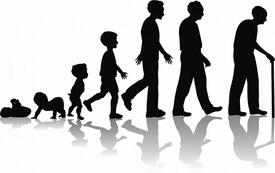
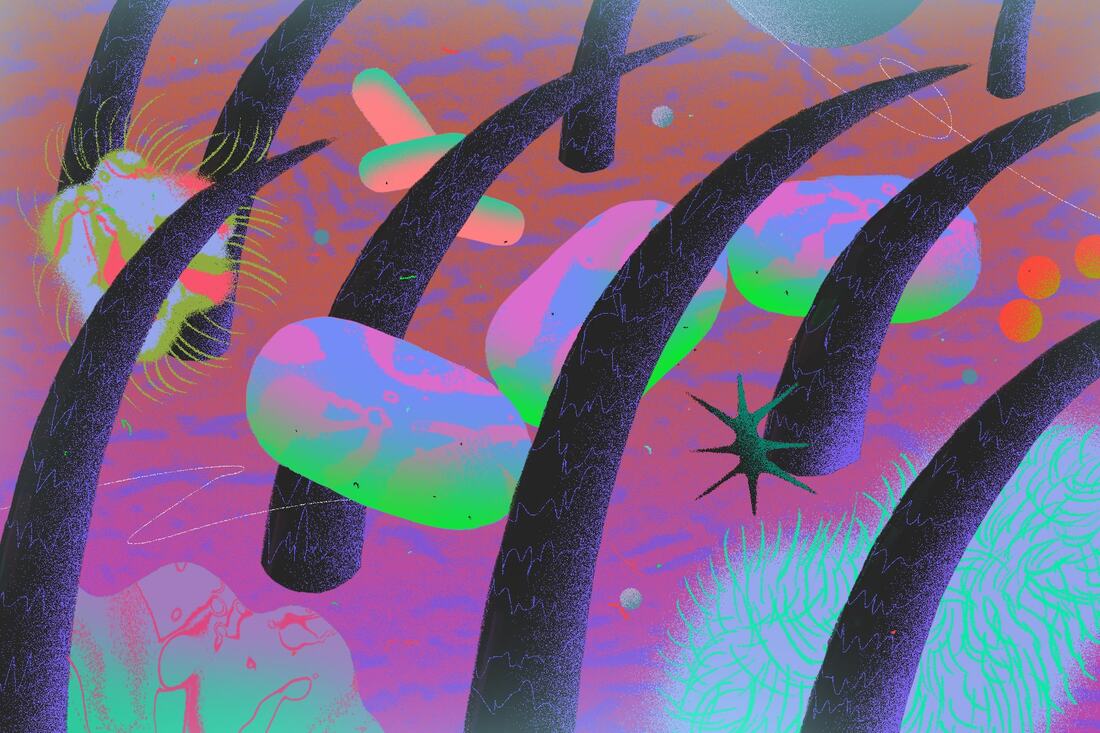
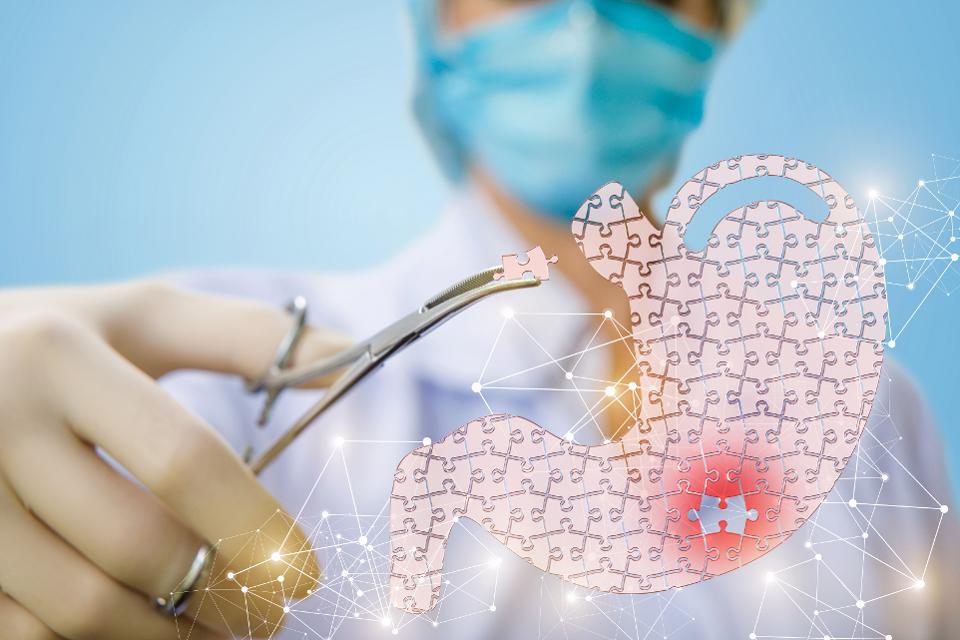

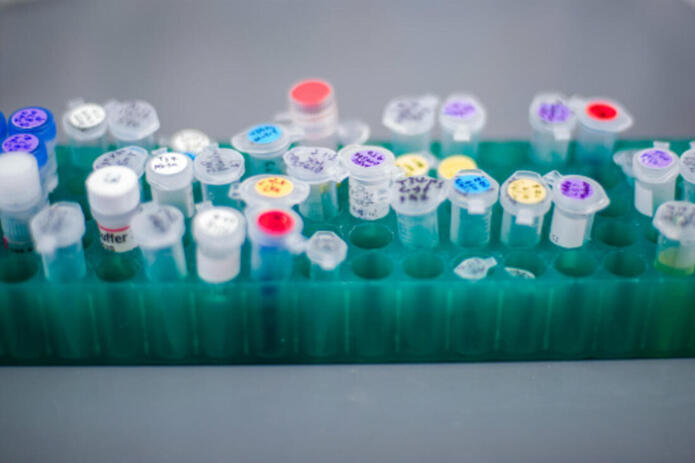
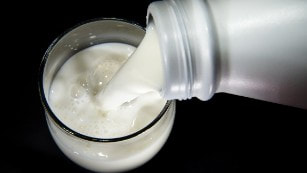
 RSS Feed
RSS Feed